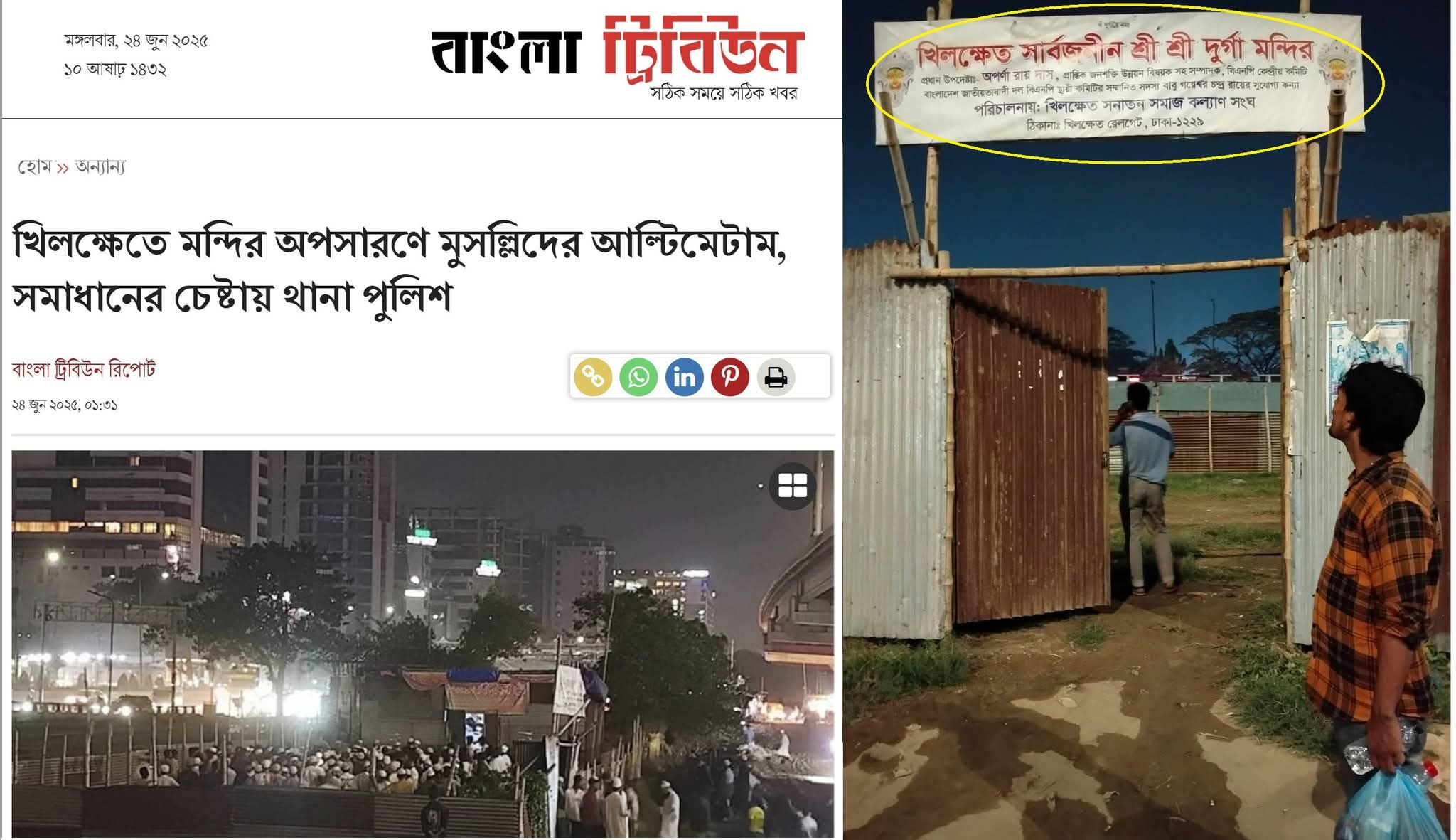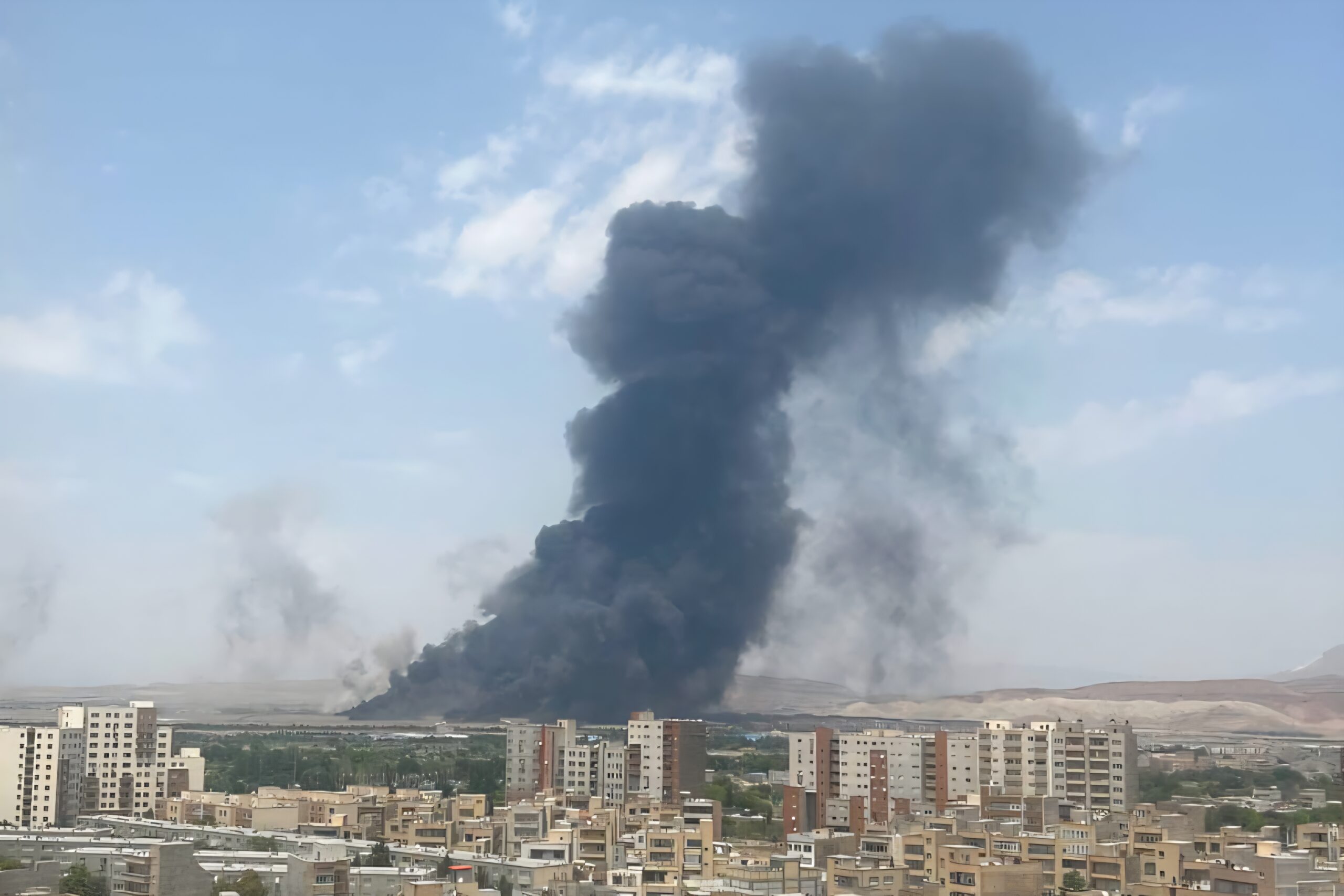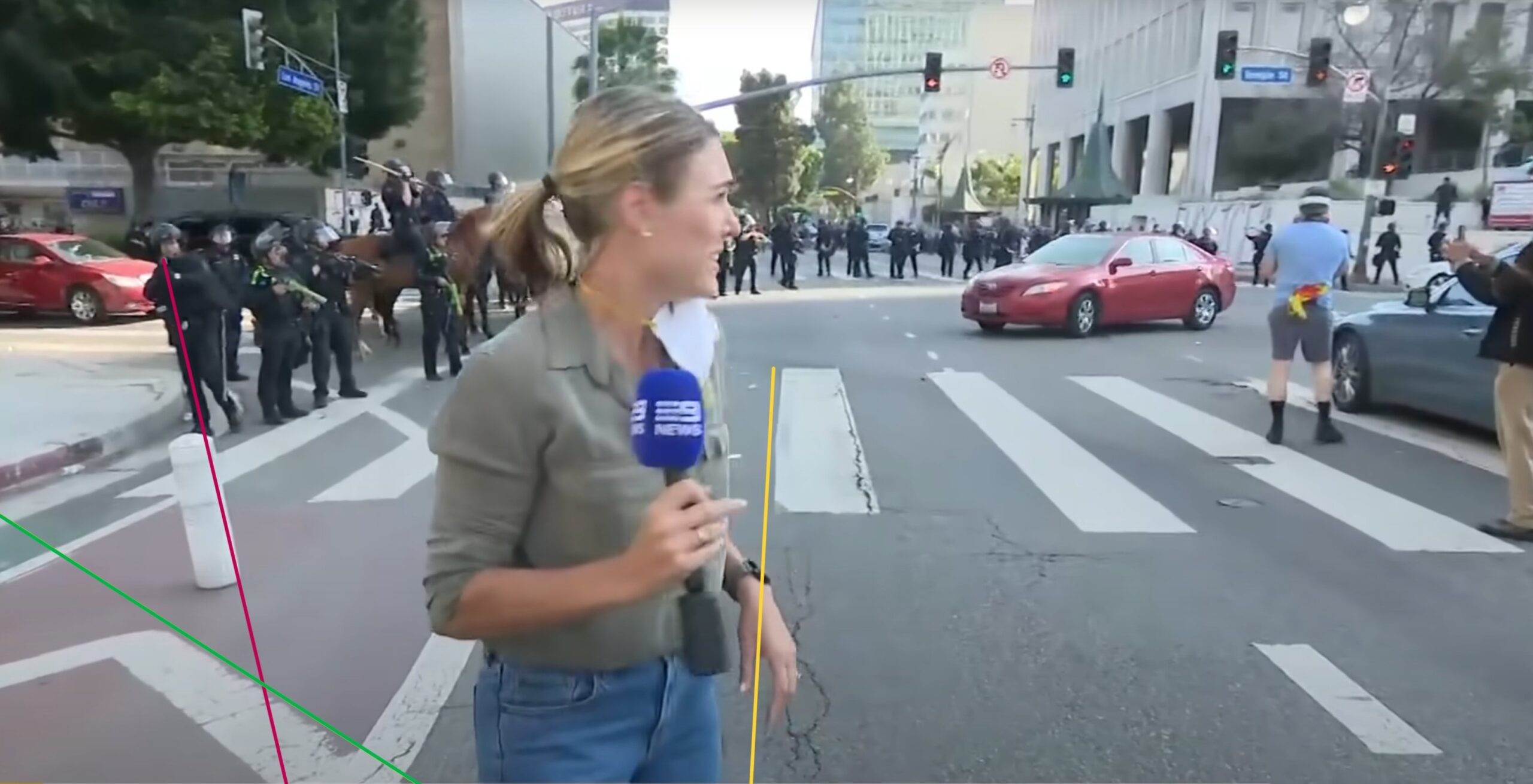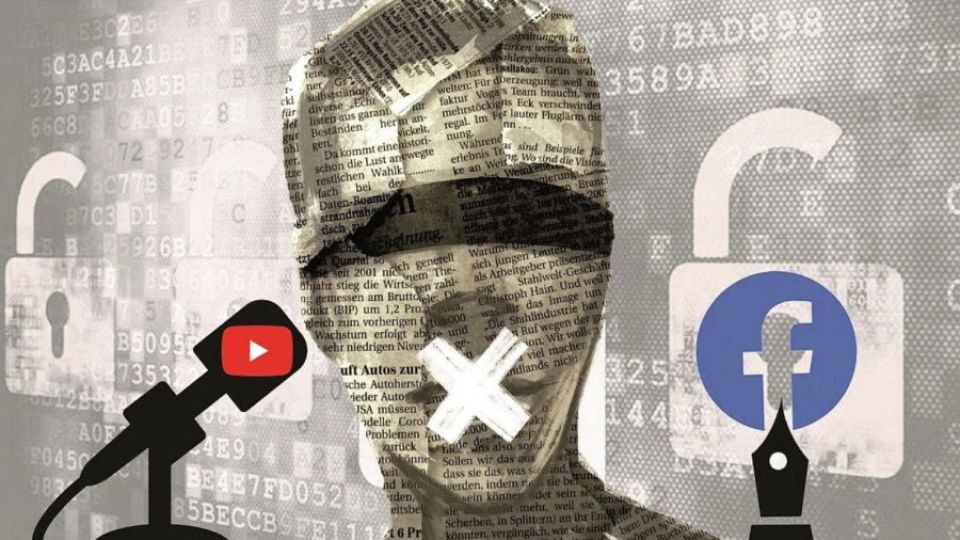New Delhi, India – The Indian government has imposed a sweeping ban on Pakistani-origin content and blocked access to several foreign media outlets, including independent Bangladeshi TV channels, in a move critics say reflects a growing crackdown on press freedom under the Bharatiya Janata Party (BJP)-led government.
The decision, announced on Thursday by India’s Ministry of Information and Broadcasting, comes amid heightened military tensions with Pakistan following a deadly attack in Indian-administered Kashmir, which left 26 tourists dead. India has blamed the attack on Pakistan-based militants and launched retaliatory strikes under the banner of Operation Sindoor earlier this week.
In its statement, the ministry said the ban was issued in the “interest of national security” and applies to all Pakistani films, web series, music, podcasts and other digital content on OTT and streaming platforms.
As part of the directive, YouTube has geo-blocked four Bangladeshi TV channels — Jamuna TV, Ekattor TV, BanglaVision, and Mohona TV — from being viewed inside India. Independent Indian news outlet The Wire was also blocked domestically. YouTube notifications sent to the Bangladeshi outlets cited a formal request from the Indian government and said the decision affects all past and future uploads.
Digital watchdog Dismislab, which verified the blocks using VPN technology and journalist collaboration, reported that Indian users now see notices saying the content is restricted “due to a legal complaint from the government related to national security or public order.”
The crackdown has triggered alarm among rights groups and press freedom advocates. The Wire, which has frequently published reports critical of India’s ruling party, called the block “a clear violation of media freedom guaranteed under the Indian Constitution.”
The ban has also raised diplomatic eyebrows. In an incident that underscored internal support for the government’s stance, a journalist aligned with nationalist views confronted BJP parliamentarian Suvendu Adhikari, suggesting Bangladeshi media were “reporting in favour of Pakistan.” Adhikari responded, “Bangladeshi media will no longer be allowed to operate,” echoing hardline rhetoric emerging from the BJP ranks.
Under India’s Intermediary Guidelines and Digital Media Ethics Code, the government can compel digital platforms to block content deemed threatening to national sovereignty, integrity, or public safety — provisions increasingly criticized for their broad scope and lack of judicial oversight.
Earlier this year, social media platform X (formerly Twitter) revealed that India had ordered the blocking of over 8,000 accounts, including those belonging to journalists and civil society organisations. Dismislab also reported that over a dozen Pakistani YouTube channels and several Instagram accounts of politicians and entertainers have been made inaccessible within India.
As India and Pakistan remain locked in a volatile standoff, analysts warn that the restriction of media content — especially from neighbouring countries — may further erode regional trust and inflame already fragile diplomatic ties.







Leave a Reply